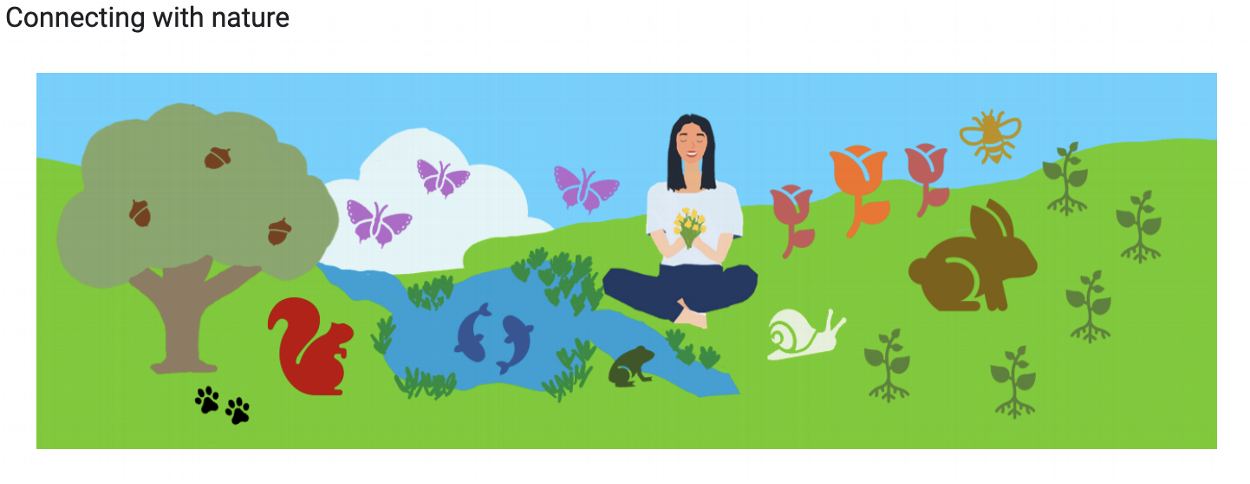
Phil Furneaux 10th April 2024
B2Z are collaborating with the Lancaster University student society "Climate Action" and are using a survey to discover how the University Community compares with the Brampton Community. Some questions were taken with kind permission from The Nature Connectiveness Research Groups, University of Derby.
The link to the Brampton survey is: LINK The Link to the Lancaster Survey is >>>>
The purpose of this survey is to prepare evidence for a Lottery grant application which will be used to fund a "connecting with nature" development worker, a forrest school teacher at the primary school, and a Festival of Nature in October 2025 which will include art, music and drama with engagement by both schools and the Brampton Community.
The survey was inspired by Miles Richardson's "Reconnection. Fixing our broken relationship with nature" which shows conclusive evidence that connection with nature improves our wellbeing and mental health. B2Z believe that improving our community's access to nature by wilding gardens, planting trees and hedges to provide corridors for pollinators and wildlife will help us to improve our resilience to climate change.
After 60 responses from Brampton survey, we can display the wordcloud from the question "How do you connect with nature and what does nature mean to you?"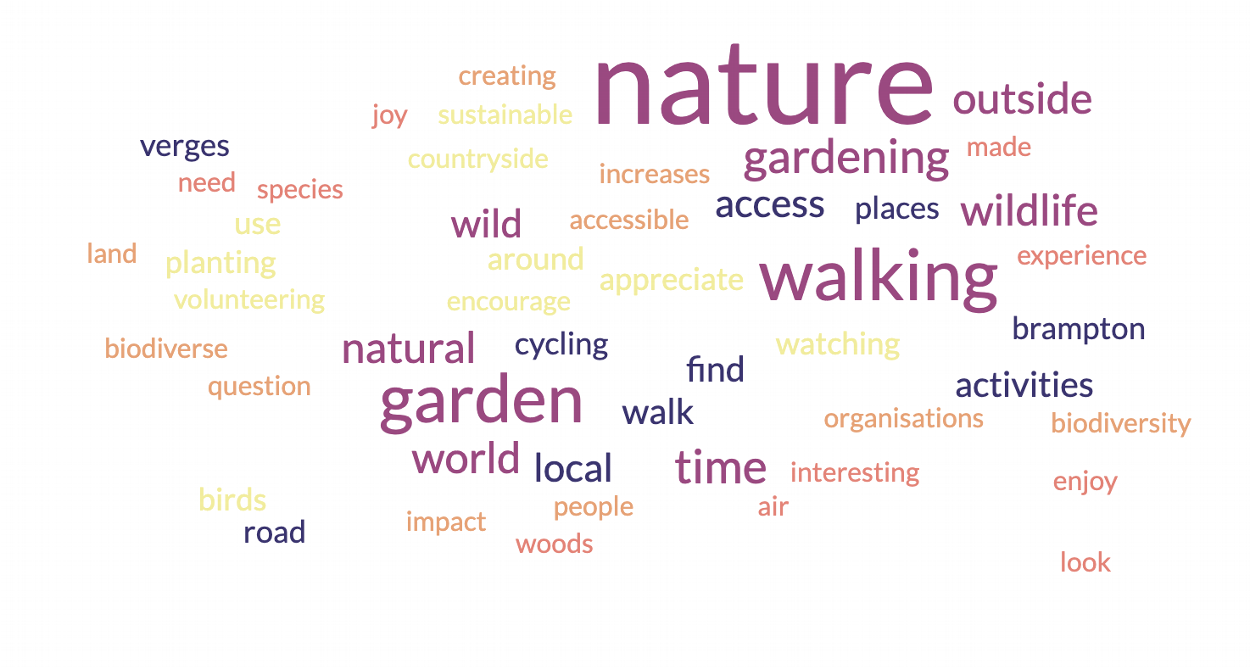
The results for the questions:
How old are you?
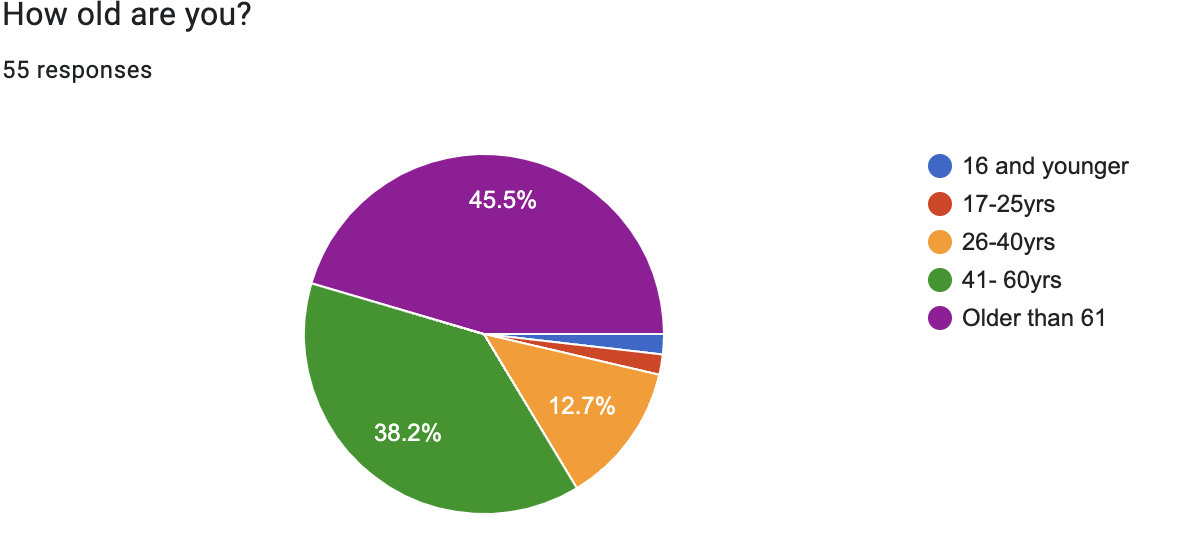
How do you describe your gender?
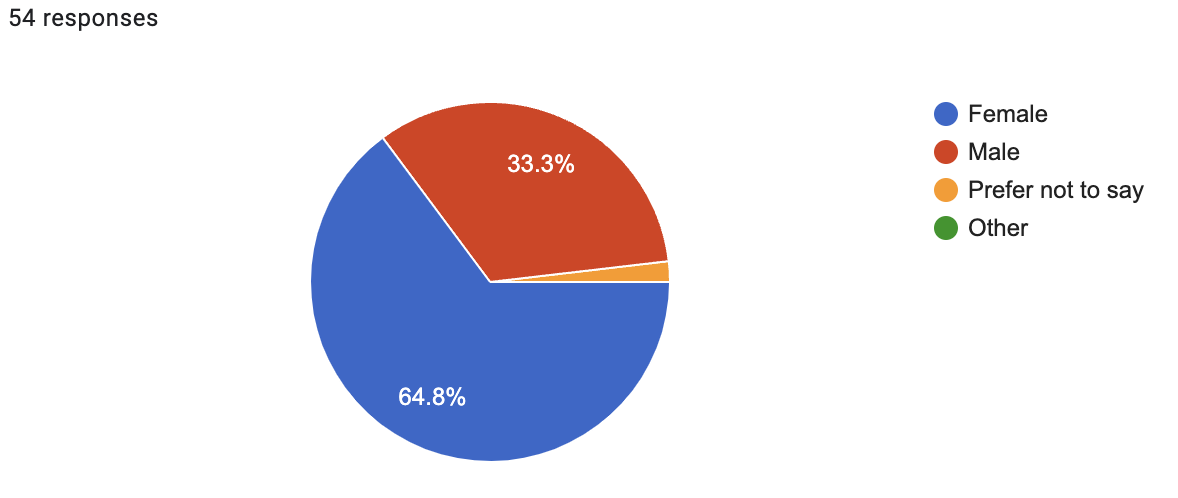
Do you consider yourself living in the Brampton area?
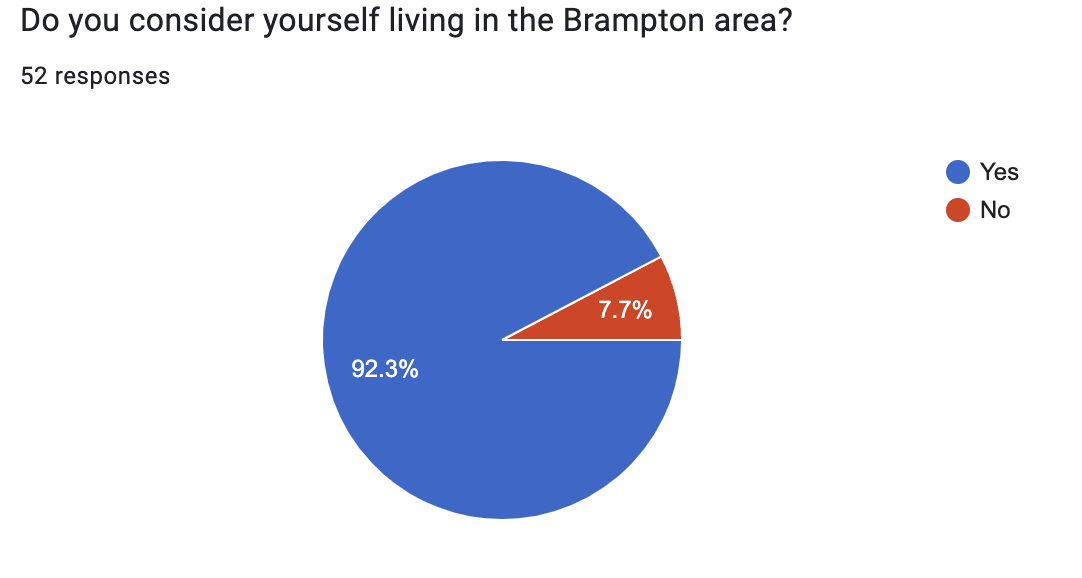
What is your attitude to the climate emergency?
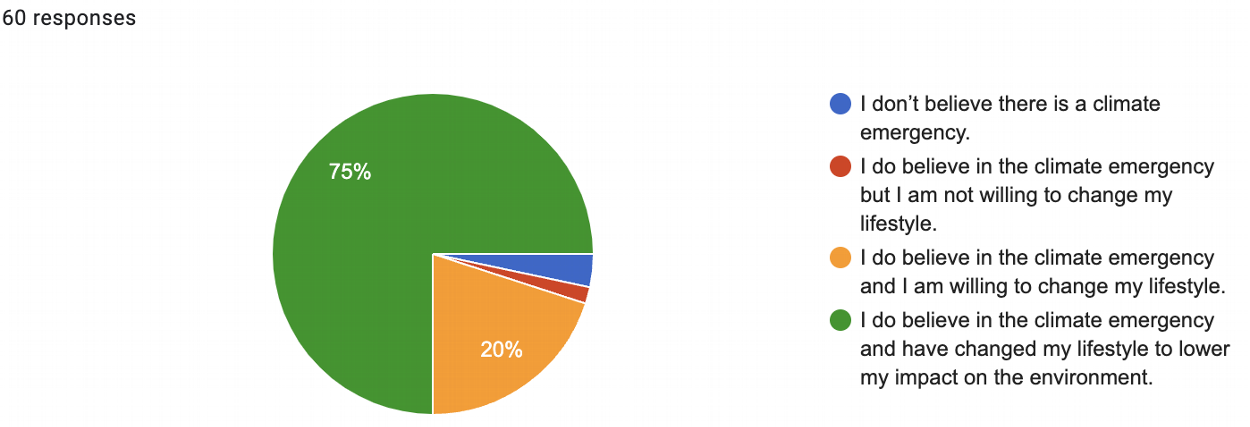
Which of the following options do you regularly do to reduce your impact? (You can choose multiple)
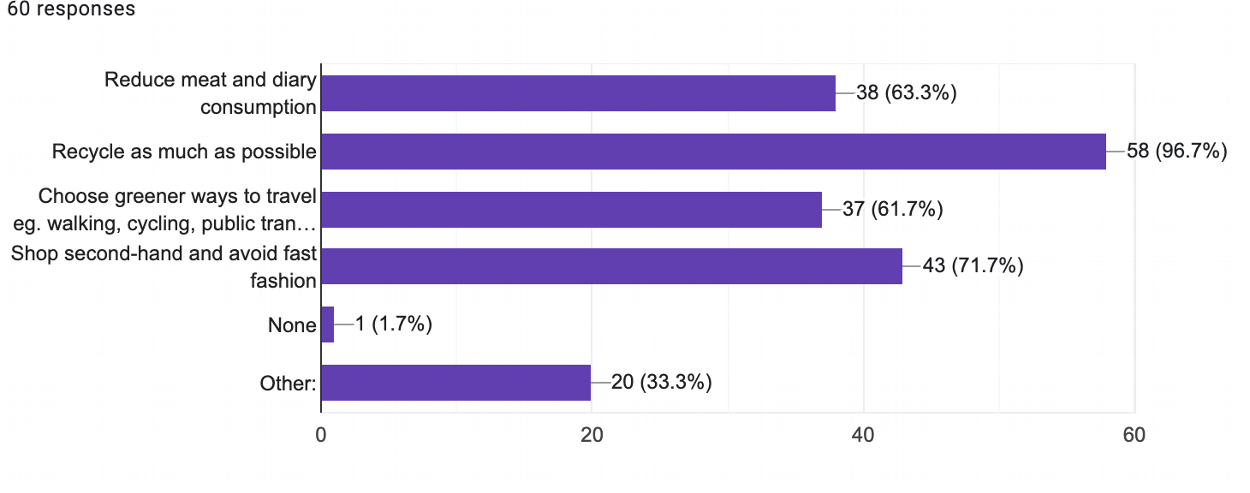
The following questions were produced by Nature Connectedness Research Group.
What is your attitude towards creating more wild spaces to improve access to nature?
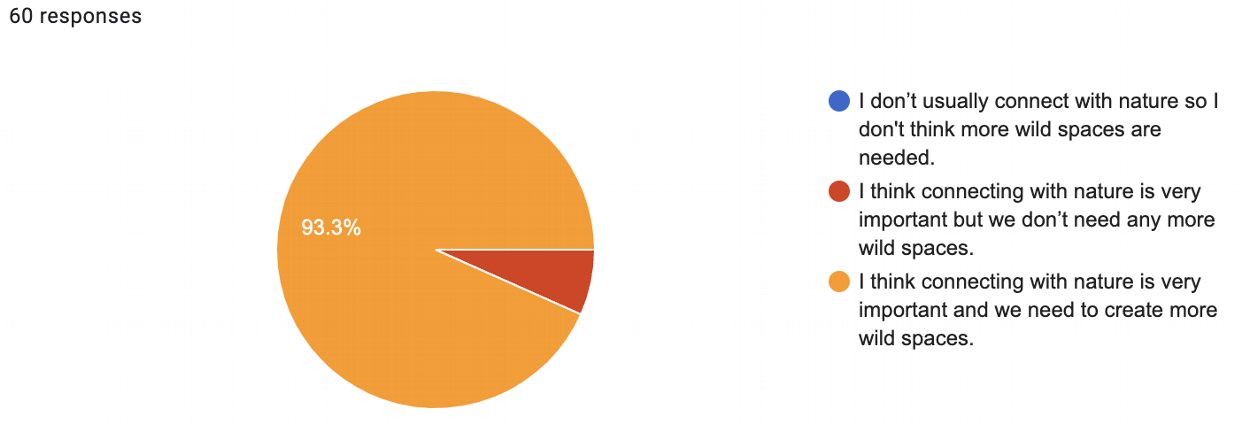
Spending time in nature is very important to me
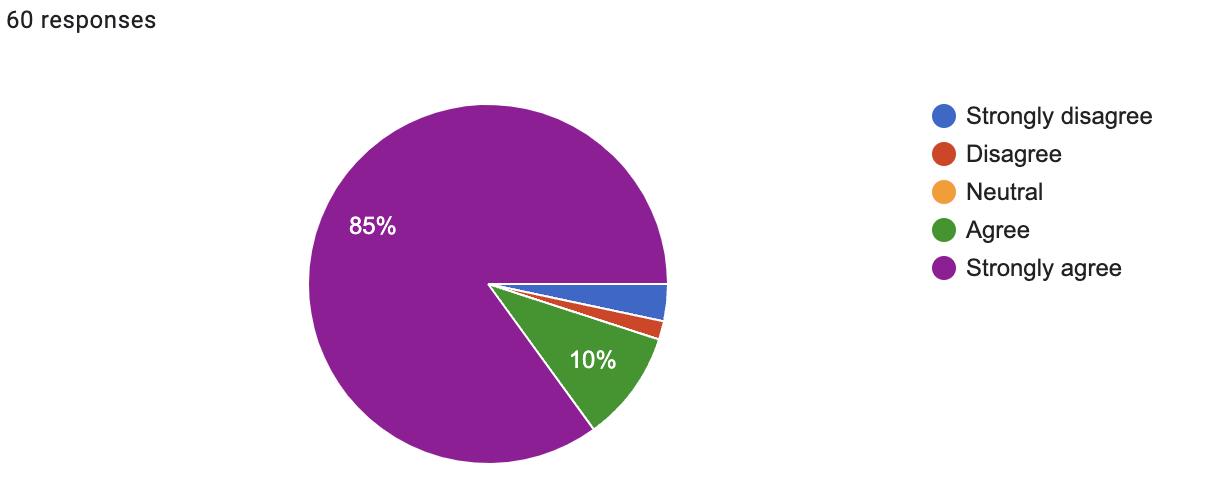
When I am in nature I treat my surroundings with respect
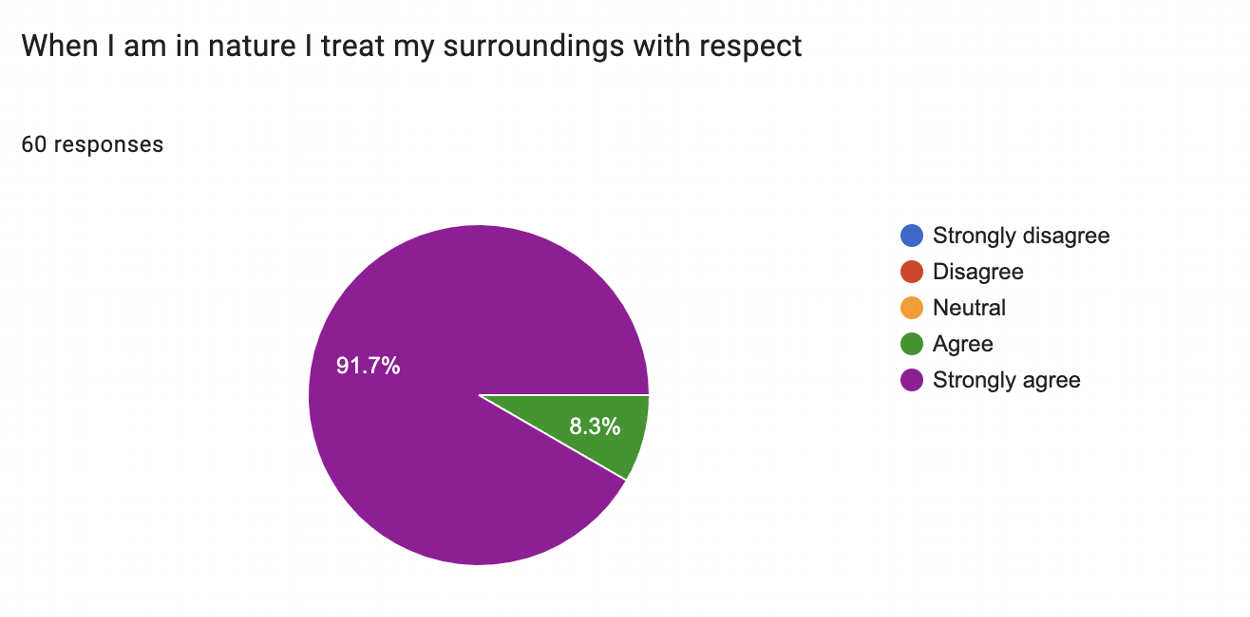
I feel connected with nature
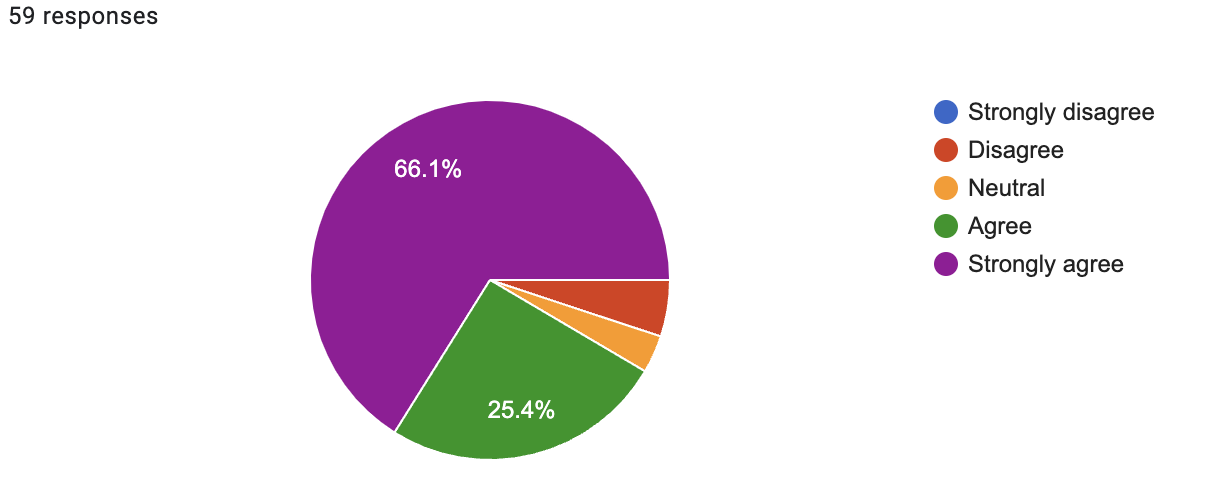
How do you connect with nature and what does nature mean to you?
- Walking and cycling
- Going for walks in the countryside and by the sea. Gardening to encourage all wildlife & fauna. Being outside is my special place and is essential to my well-being.
- Walking in wild places and volunteering to help projects organised by environmental and sustainable organisations such as B2Z, Sustainable Brampton, CWT and the Woodland Trust. Supporting nature is about increasing biodiversity in all its forms, from macro to micro.
- Would requre an essay to respond to this question but it would have been a better idea to ask 'what is nature to you?' the above question assumes creating more wild places increases also increases access to nature - this is patently not true when access to land is extremely restricted and when creating wild places could mean restricting access to people because of the risks that access will have an impact on nature So connecting with nature is both an issue of access and signiifcant decline in both richness and biodiversity in accessible nature personally I ride my bike both on and off road - road verges are rarely intersesting or biodiverse but when I come across good verges i will stop and appreciate (you need to be around 10 miles distant from Brampton to find interesting verges) - off road is more profitable but again local to Brampton its challenging to find interesting nature and there are issues with riding bikes on public footpaths So my connection with nature tends to involve travel to more biodiverse and accessible land (usually in Scotland but occassionaly to nature reserves in England)
- Wildlife
- Developed a wildlife friendly garden and enjoy watching the results
- I am not separate from nature. My body is made from foods sourced in nature and I breathe air made in nature. I find joy in the diversity of the natural world. Its creatures , sentient like me, experience my world in amazing ways I cannot. We are largely blind to the abilities of its plantlife because we are blinkered by the way we experience the world. People are no longer taught much about the natural world and this is a tragedy on a personal and a species level. If we do not know much about it , where can the motivation to look after it come from?
- I am building a garden and go walking in woods
- I connect with nature by observing it. I find nature beautiful and uplifting and it also teaches me a lot about life, changing seasons, what is and is not important, and the passage of time. We are all a part of nature and we depend on the well being of nature for our own well being and survival.
- I take a daily walk through my local woods. I also take wildlife photos
- Walking, growing food, rewilding the garden
- As a rural person nature is of huge importance to me, without time in nature my mental health suffers massively.
- Learning about nature through reading, mindful observation, talking with others about all aspects of nature.
- Volunteer with local and national sustainability organisations
- immersing myself in the local environment watching, feeling, learning through sport & leisure activities, becoming aware of the local areas and how they change each season, understanding the impact of mine and others activities and the natural activities process around me
- I gain much pleasure from watching the birds at my bird feeder. I do not use pesticides or weedkillers in my garden, non use of pesticides includes slug pellets, the use of these should be banned.
- I walk and do outdoor sport when ever I can ( 4+times a week and coaching ) Planting a wild flower garden at home.
- Breathing fresh air gives me strength and helps me thinkore clearly
- always appreciate my wild garden and love travelling around the fells
- Just be walking, swimming and chilling outside in "wilder" spots. All the while trying to be present to my surroundings
- I spend time every day being in nature, sometimes I really observe when I am sketching. I don't believe that nature exists for my (or our) benifit and shouldn't always be talked about in terms of what it can do for us. Our relationship should be less unilateral, we are part of the natural world. I would support a grant as long as it is balanced in terms of our needs and the needs of the natural world
- Walk, garden, keep bees, birdwatch, trail running and cycle when I can.
- Walkingcycling sitting in garden working in garden.
- Walking mainly, but other outdoor activities as well. Tree planting etc...
- Walk , cycle, learn about the different species
- Walking, enjoying a view, taking photos, helps clear the mind. It's what sustains us and gives me joy.
- Spending time in the countryside. Looking after a garden
- I'm a Gardener and Mountaineer. Nature means anything outside.
- Cycling and walking for exercise peace and reconnecting
- Fellwalking every week is my favourite pastime. I love gardening and enjoy volunteering to plant trees/hedges
- Walking, surveys, gardening, observation, consvation work, swimming,
- Gardening, hedge/ tree planting, fell walking. I need time outside to refresh my head.
- I spend a lot of time outside walking and gardening. I garden organically. I only eat seasonally and buy locally whenever possible.
- Walking, gardening, sitting outside
- Nature is everything to me.
- Cycling walking gardening
- Wellbeing and health
- Try to encourage and respect wildlife in my garden
- I look at flowers, plants, trees, listen to birds, watch for wildlife.
- In my work I take time to appreciate my surroundings and listen to nature
- Enjoying being in a natural setting and listening to the sounds of birds. Seeing things grow